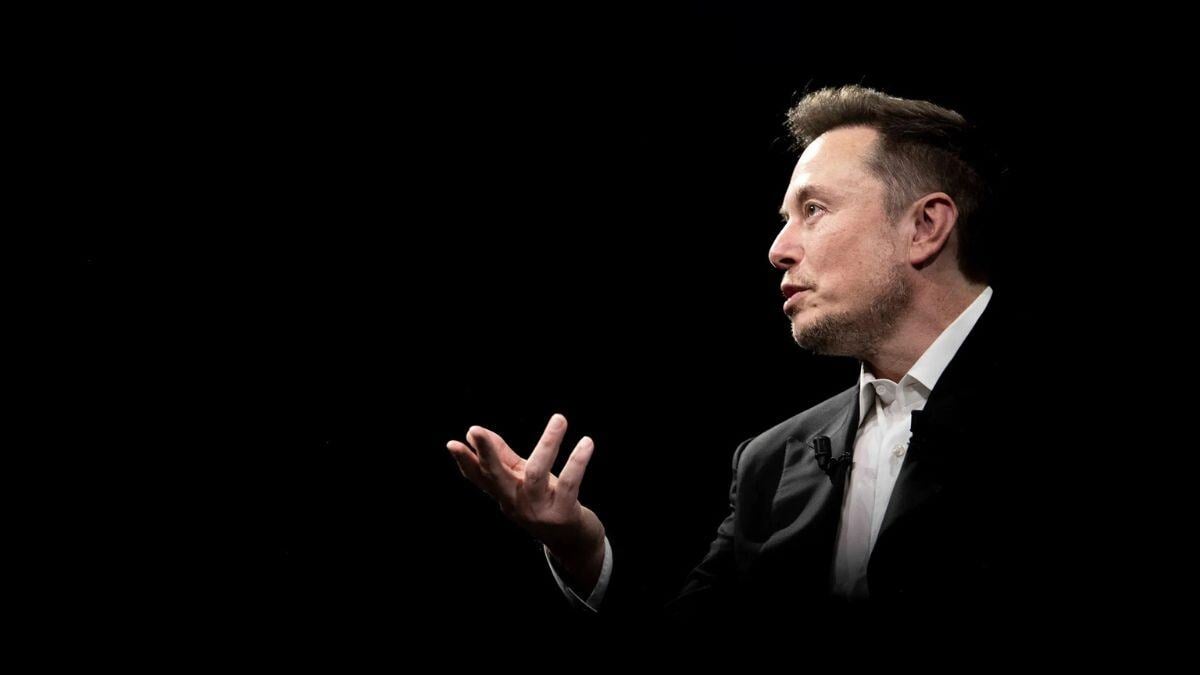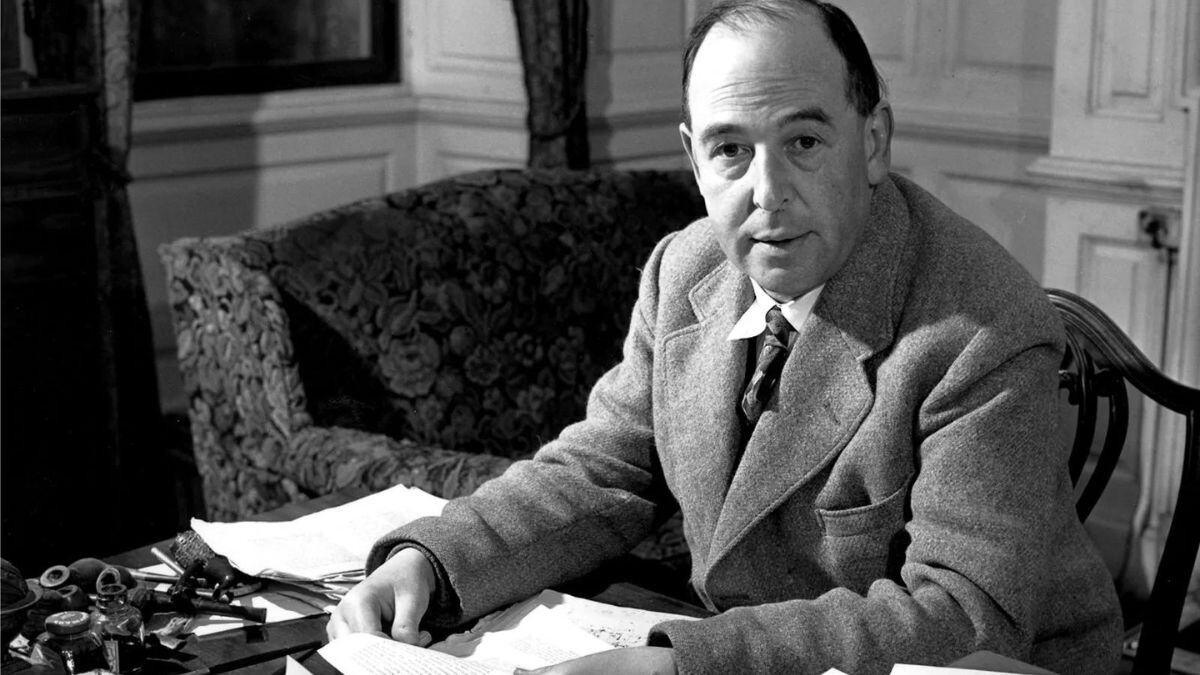The Rising Belief in Miracles
Author: John Stonestreet and Shane Morris
3 min read
 Breakpoint
:
Updated on December 17, 2024
Breakpoint
:
Updated on December 17, 2024

Authors: John Stonestreet | Shane Morris
As the influence of Christianity on the West reaches historic lows, a growing list of atheists and agnostics, some of whom have argued that Christianity is bad for the world, are backpedaling. Apparently, as a post-Christian world takes shape, they are rethinking their critiques of religion and its impact on society.
The most recent to express regrets is Tesla and SpaceX founder Elon Musk. Long described as atheist or agnostic, Musk has toyed with odd beliefs like the so-called “simulation hypothesis,” which says that we’re all living inside a giant computer program. However, in a recent interview with Canadian psychologist Jordan Peterson, Musk admitted admiration for Christianity:
While I’m not a particularly religious person, I do believe that the teachings of Jesus are good and wise. … I would say I’m probably a cultural Christian. There’s tremendous wisdom in turning the other cheek.
He went on to say that Christian beliefs,
result in the greatest happiness for humanity, considering not just the present, but all future humans. … I’m actually a big believer in the principles of Christianity. I think they’re very good.
His use of the term “cultural Christian” was not an accident. It came as he and Peterson discussed arch-atheist Richard Dawkins’ recent confession that he, too, considers himself a “cultural Christian.” Dawkins even admitted that he enjoys Christmas carols and cathedrals, and thinks Christianity, in contrast to Islam, makes for a “fundamentally decent” civilization.
A few days ago, Musk went even further when he agreed with rapper and social media influencer Zuby, who wrote that it was foolish and prideful to remove the “foundation” of Christian religion and expect the “building” of Western civilization to stand. “I think you’re probably right,” replied Musk.
Add in names like Tom Holland, the popular historian who wrote Dominion, and politician and writer Ayaan Hirsi Ali, who recently converted to Christianity, and there is now a rather striking lineup of current, former, and (perhaps) wavering unbelievers now praising belief.
At least part of this secular buyer’s remorse is the rise of “woke” ideology, which bodes ill for a post-Christian society. Sometime in the late 2010s, the so-called “new atheism,” a movement that purported to be all about reason and science, was swallowed up by progressive identity politics. Steadily, science and reason were replaced by moralizing witch-hunts, to the point that atheists like Dawkins now find themselves pushing back against pseudoscience on sex and gender.
Also, there is a growing realization, Holland’s books are a good example, that Western ideas of human rights, political equality, and science and art are products of Christian theology. They do not occur in most civilizations, and there is no reason to expect that they will endure in the West if Christianity fades.
It’s good that Musk, Peterson, Dawkins, Holland, and others are recognizing the debt owed to the religion of Jesus. Better to live alongside unbelievers who praise the faith than those who call it a “dangerous delusion.” However, we ought not delude ourselves. Christian influence in the modern world is the result of a lot of people who, for hundreds of years, really believed in Jesus.
“You must make your choice,” wrote C.S. Lewis in Mere Christianity:
Either this man was, and is, the Son of God: or else a madman or something worse. You can shut Him up for a fool, you can spit at Him and kill Him as a demon; or you can fall at His feet and call Him Lord and God. But let us not come with any patronising nonsense about His being a great human teacher. He has not left that open to us. He did not intend to.
Cultural Christianity recognizes that the blessings of a Christian worldview do extend beyond the community of actual believers. That view of reality has blessed so many precisely because it is true. We should pray for those who seem to be softening toward that Truth to recognize Christ as such.
Within days of claiming the “cultural Christian” title, Musk said in response to the Opening Ceremony mess, “Unless there is more bravery to stand up for what is fair and right, Christianity will perish.” He’s right about needing more bravery, but what he missed is the good news, both for him and the rest of the world, that Christianity will certainly not perish. This or that church may falter, and Christianity may lose its influence here or there. Christ’s Church and the truth about the world it proclaims will never fall, because it is true that Christ is risen and has overcome the world.

Author: John Stonestreet and Shane Morris

Author: John Stonestreet and Dr. Timothy D. Padgett

Authors: John Stonestreet | Stefan Wilson In the tumultuous era of World War II, amidst the chaos and uncertainty, Clive Staples Lewis offered a...